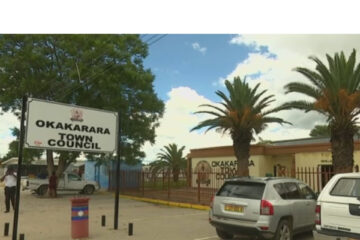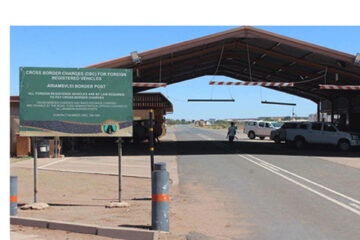Niël Terblanché
The Southern African Development Community (SADC) has long recognized the significant role of labour migration in regional development and integration.
With the adoption of the Labour Migration Action Plan (2020-2025), the SADC aims to enhance the management of labour migration, emphasizing the protection and welfare of migrant workers and promoting skills transfer to match labour supply and demand within the region.
In line with these regional efforts, Namibia has taken a proactive step by establishing the Namibian Employers and Trade Union Labour Migration Network (NETUMN).
Officially launched after a key meeting in Walvis Bay in September last year, NETUMN seeks to implement Namibia’s Labour Migration Policy effectively on both local and international fronts.
The network, supported by the International Labour Organization (ILO) and the Southern African Migration Management (SAMM), focuses on enhancing governance in labour migration and fostering collaboration among member nations.
Key objectives of NETUMN include advocating for social protection, collective bargaining rights, employment advancement, and skill recognition, crucial for ensuring the well-being and rights of all workers, especially migrant workers.
This initiative also aims to address labour shortages and combat hate speech through strategic planning and collaboration between unions and employers.
The broader context of SADC’s initiatives, like the Regional Migration Policy Framework, supports such national efforts by setting a groundwork for safe, orderly, and regular migration.
This framework assists member states in aligning their national policies with regional goals, facilitating development, and the effective management of migration flows (SADC).
Lydia Indombo, the Executive Director of the Ministry of Labour, Industrial Relations, and Employment Creation, emphasized the importance of expediting the development and implementation of national labour migration policies.
By aligning with the SADC Labour Migration Action Plan, Namibia and other member states can establish the necessary institutional capacities to manage labour migration more effectively.
She said that a coordinated approach not only protects migrant workers but also harnesses their potential to contribute significantly to the economic and social development of their home and host countries within the SADC region.




